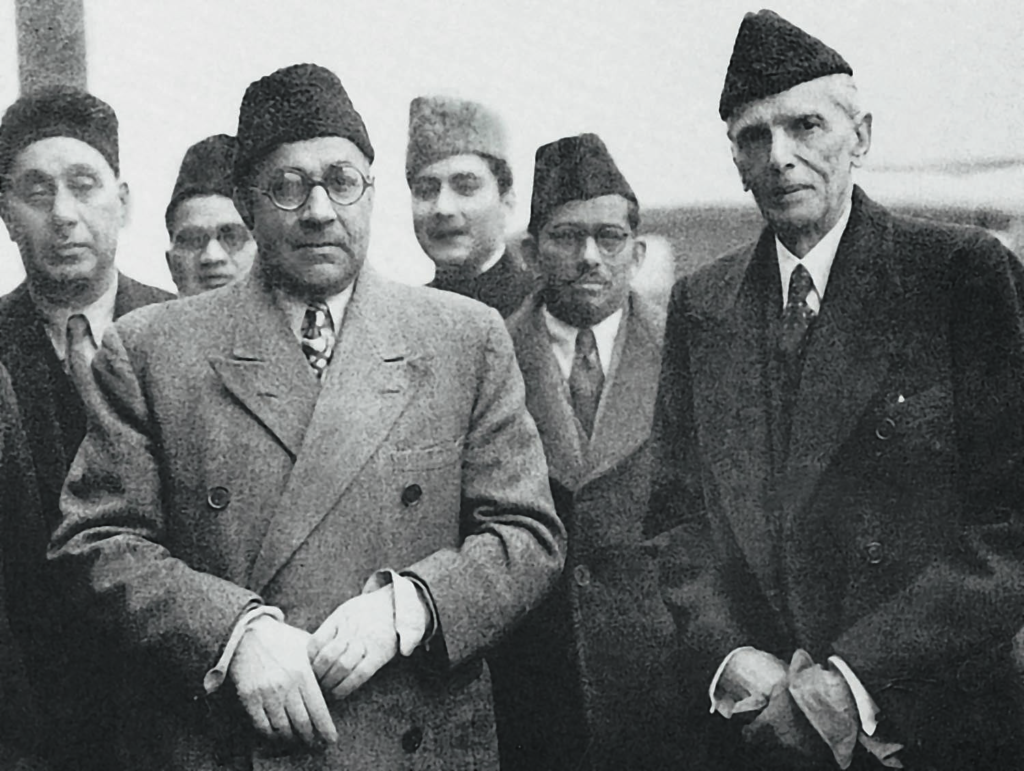In the annals of South Asian history, the year 1947 marked a turning point with the departure of British colonial rule, birthing two independent nations, India and Pakistan. Both ventured onto the path of establishing a new government framework, drafting constitutions, and shaping leadership that would decisively guide their futures. Their common aim was democracy, yet only one seems to have trodden the path successfully. The narrative of Pakistan’s democracy is one of an unfulfilled promise—an endeavor that appears to be faltering with significant challenges obstructing its path.

Constitutional Challenges to Pakistan’s Democracy
The first hurdle for Pakistan’s Democracy was the lack of a robust foundation, critical for any successful democratic framework. Post-partition, while India had its constitution drafted swiftly over three years, Pakistan’s foundational document, its constitution, did not come into effect until nine years later in 1956. Moreover, the delayed progression and multiple discarded drafts reflected a deep-seated discord among Pakistan’s formative leadership, revealing the initial cracks in the edifice of democracy.
Leadership Vacuum and the Role of the Military
Further complicating the situation was a conspicuous leadership vacuum following the deaths of founding leaders Muhammad Ali Jinnah and Liaquat Ali Khan. Unlike independence movements that transformed into political parties capable of nation-building, Pakistan’s Muslim League struggled to play a significant role, especially in bridging the deep chasms between East and West Pakistan. The political turmoil and inability to conduct a nationwide general election until 23 years after independence allowed the military to assert itself as a stable force, contrasting the unstable civilian governance landscape.
Entering the fray, military coups became a recurrent theme in Pakistan’s political saga, with three generals ruling for periods extending beyond eight years each

Feudal Nature of Society and the Issue of Punjab Dominance
Compounding these issues is the feudal nature of Pakistani society, with power concentrated within Punjab, the most populous and economically significant province. This concentration of power has led to feelings of disenfranchisement among other provinces, exacerbating regional tensions and further weakening the national democratic fabric. The absence of broad-based political empowerment and the reliance on military or elite support for political ascendancy has underscored the challenges of building a democracy
Read More:- Taiwan vs China: Why, When and What?
The Path Ahead for Pakistan’s Democracy
It is evident from Pakistan’s tryst with democracy that embarked governance is more than just establishing institutions; it is about nurturing habits and traditions that foster democratic principles. The journey towards democracy requires relentless commitment, incremental reforms, and an inclusive dialogue that transcends regional, linguistic, and social divides. Pakistan’s democracy endeavor is not beyond salvage, but it necessitates a concerted effort from all political entities, civil society, and the citizenry to reimagine and rebuild the democratic fabric of the nation.
Do you like anime? Go to Pop Media Pulse
